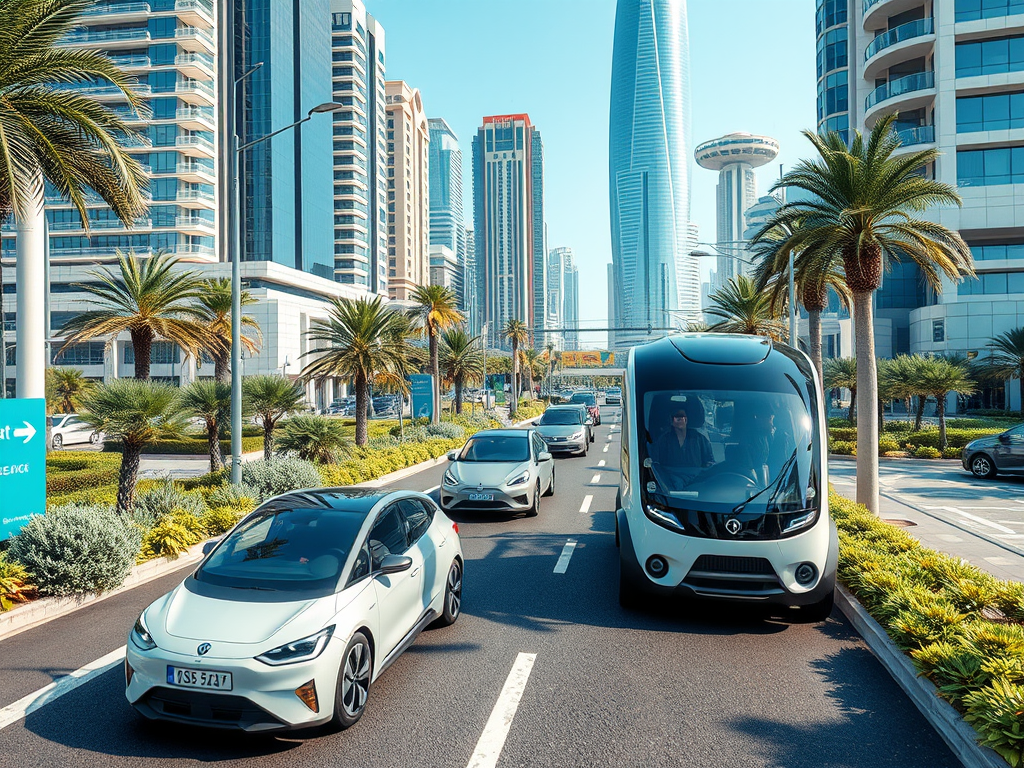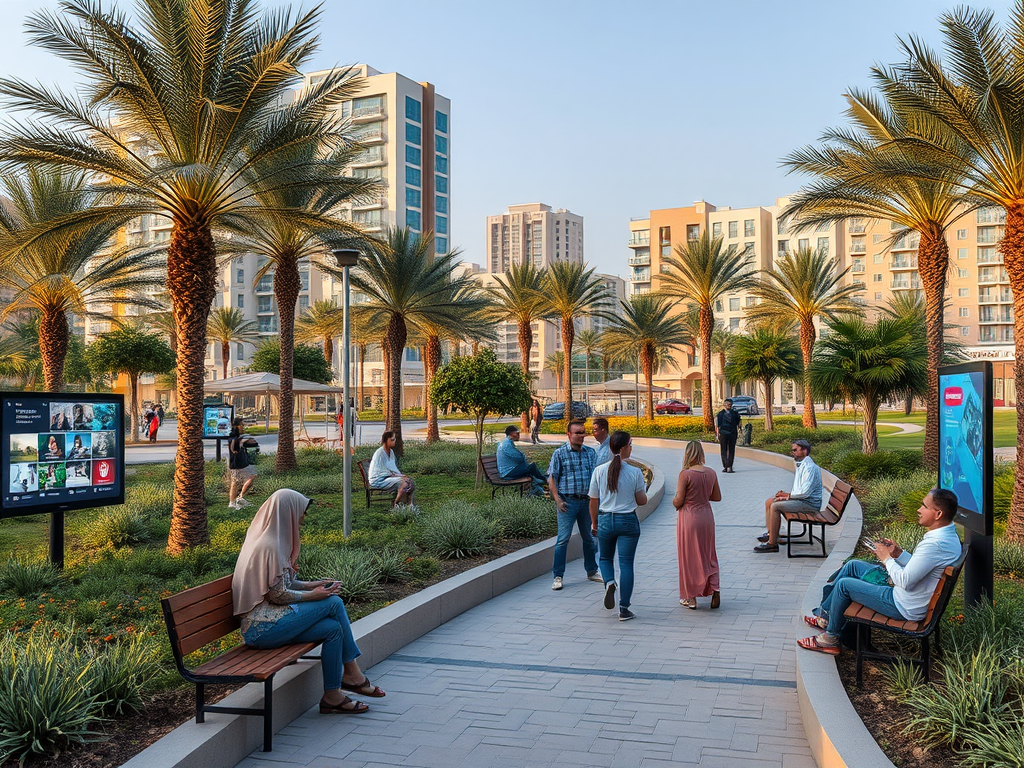The Role of Dubai’s Smart Cities in Redefining Infrastructure
Dubai’s initiative to develop Smart Cities is a groundbreaking endeavor that is transforming traditional infrastructure into intelligent, efficient systems. This move towards smart infrastructure aims to enhance urban living, foster sustainability, and ensure seamless connectivity for residents and visitors alike. By integrating advanced technologies, Dubai is setting a standard for urban development globally. Smart Cities in Dubai are not merely a futuristic concept but a present reality that redefines how infrastructure is perceived and operationalized.
Understanding Smart City Infrastructure

To comprehend the impact of Smart Cities on infrastructure, it’s crucial to understand what defines a Smart City and its components. Smart City infrastructure leverages technology to manage urban assets and resources more effectively. The key elements include:
- Internet of Things (IoT): The integration of IoT devices offers real-time data collection, improving decision-making processes.
- Big Data Analytics: Processing massive data sets helps optimize city management based on actual usage patterns and needs.
- Smart Transportation: Enhanced transport networks reduce congestion and improve safety through intelligent traffic management systems.
- Smart Utilities: Efficient energy and water management systems minimize waste and support sustainability initiatives.
- Public Safety Technologies: Surveillance systems and emergency response technologies ensure a safer environment for citizens.
Benefits of Smart City Initiatives

The implementation of Smart City frameworks in Dubai yields numerous advantages that extend beyond technological advancements. These benefits impact various aspects of urban life, including:
- Improved Quality of Life: Residents experience enhanced services, such as efficient public transportation, smart healthcare, and improved public safety.
- Environmental Sustainability: Smart Cities focus on reducing carbon footprints through green building technologies and efficient resource management.
- Economic Growth: Attracting investments and fostering innovation creates job opportunities and boosts the local economy.
- Citizen Engagement: Technology-enabled platforms promote active participation from residents in urban planning and service delivery.
- Efficient Resource Management: Real-time monitoring systems help minimize waste while optimizing energy and water usage.
Challenges to Implementing Smart City Solutions
Despite the promising capabilities of Smart Cities, Dubai encounters several challenges that must be addressed to fully realize the potential of this urban transformation. These challenges include:
- Privacy Concerns: The increase in data collection raises significant questions regarding privacy and the protection of personal information.
- High Costs: The initial investments in technology and infrastructure can be substantial and may require substantial public and private financing.
- Integration of Legacy Systems: Existing infrastructure often poses compatibility issues with new technologies, complicating transitions to smart solutions.
- User Adoption: Engaging citizens to embrace new technologies and systems is critical for the success of Smart City initiatives.
- Regulatory Hurdles: Navigating the legal and regulatory environment can slow down deployment and innovation.
Future Prospects for Dubai’s Smart Cities
The future landscape of Dubai’s Smart Cities is promising, with continuous advancements on the horizon. As technology evolves, several trends are likely to shape the direction of these urban environments:
- Increased Connectivity: Enhance Internet access and connectivity will further enable smart technologies across all sectors.
- Sustainable Urban Development: A focus on sustainability will drive innovations in green architecture and energy-efficient practices.
- AI and Automation: The adoption of artificial intelligence will facilitate predictive analysis and automated services, leading to enhanced operational efficiency.
- Citizen-Centric Innovations: Solutions designed for the real-time needs of citizens will further enhance engagement and accessibility.
- Global Collaborations: Partnerships with international tech companies will foster knowledge exchange and innovative practices in urban planning.
Итог
Dubai’s movement towards Smart Cities is a revolutionary step in redefining urban infrastructure, presenting a model for cities worldwide. With the integration of cutting-edge technologies, the city not only enhances the quality of life for its residents but also paves the way for a more sustainable and efficient urban environment. While challenges exist, they are not insurmountable; with focused efforts, Dubai can continue to lead the way as a pioneer in smart urbanization.
Часто задаваемые вопросы
What are Smart Cities?
Smart Cities utilize technology and data analytics to improve urban living, enhance services, and manage resources efficiently for residents and visitors.
How is Dubai enhancing its infrastructure through Smart City initiatives?
Dubai integrates advanced technologies, such as IoT and big data, to optimize transport, utilities, and overall urban management for enhanced living conditions.
What are the primary challenges faced by Smart City projects?
Key challenges include privacy concerns, high implementation costs, legacy system integration, user adoption, and regulatory hurdles. Each needs addressed for the success of such initiatives.
How can citizens benefit from Smart City developments?
Citizens can enjoy improved quality of life through enhanced services, better public safety, economic opportunities, and increased engagement in urban planning processes.
What is the future of Smart Cities in Dubai?
The future includes increased connectivity, sustainable practices, AI advancements, citizen-centric innovations, and global collaborations, enhancing urban environments further.


